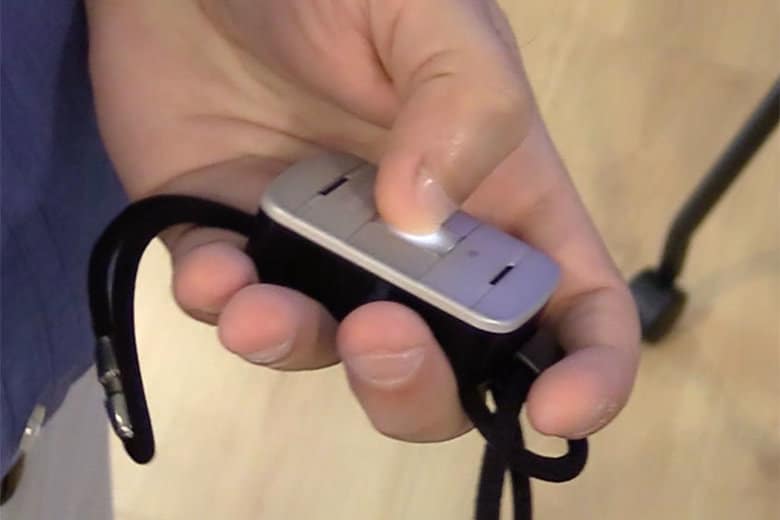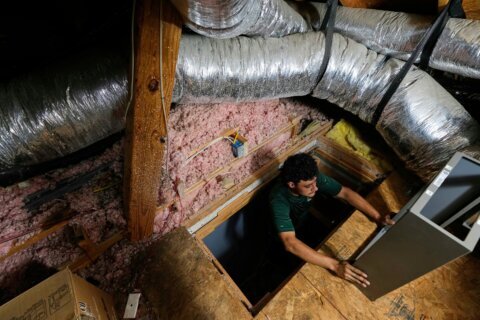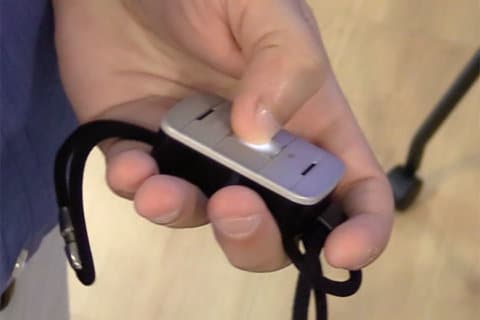
WASHINGTON — When you’re experiencing a medical emergency, response time is crucial. A local consumer group finds response to calls for help can be delayed dramatically if you’re using a medical alert devices.
The Washington branch of Consumers’ Checkbook, in conjunction with Arlington County’s Emergency Communications Center, found that many panic-button devices don’t lead to quick responses. In reality, they can delay the arrival of help, and even slow down the response time for other people in the community.
The group tested 11 medical alert devices, hitting the panic button 290 times.
“When we pressed the button for these devices we were testing, sometimes the average wait time was well over a minute,” said Kevin Brasler, executive editor at Consumers’ Checkbook. “And sometimes, with some companies, we waited more than three minutes, just for them to pick up.”
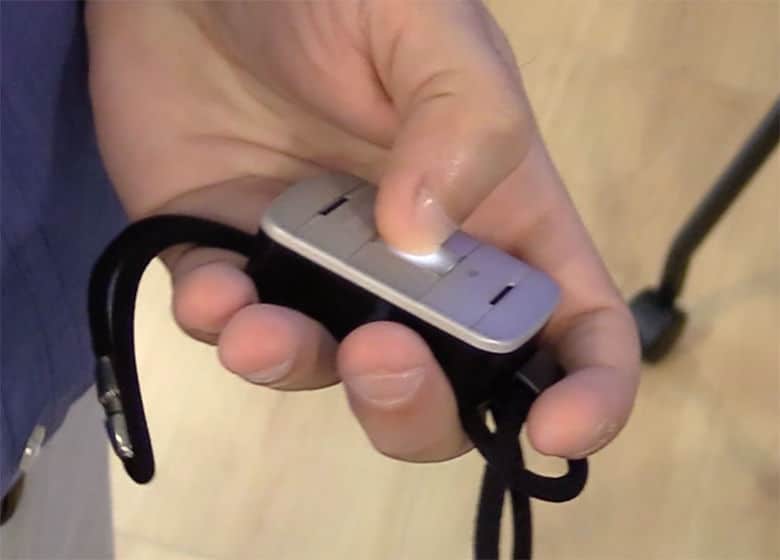
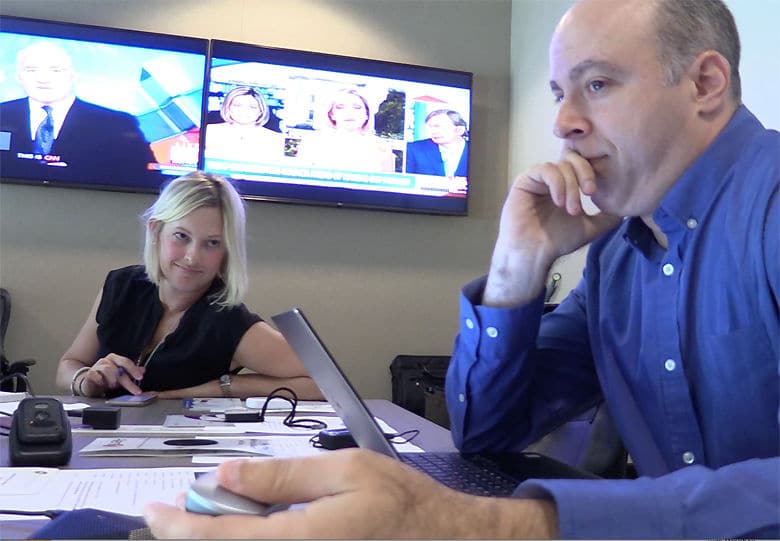
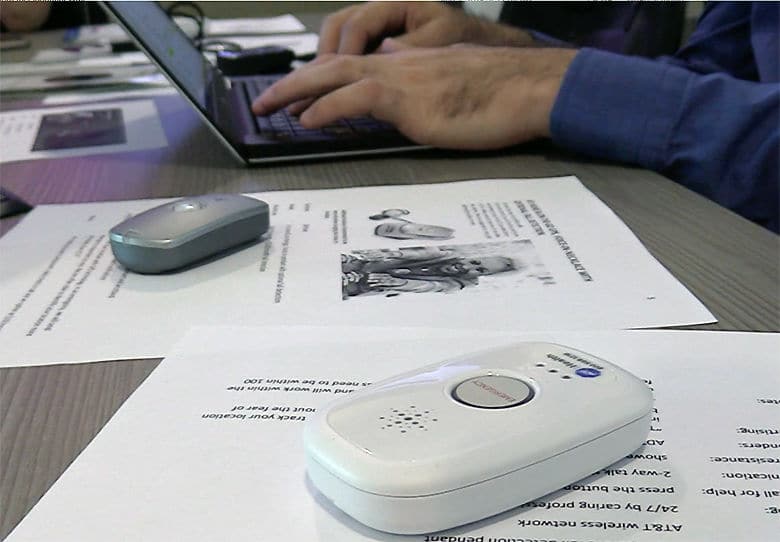
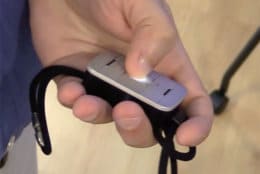

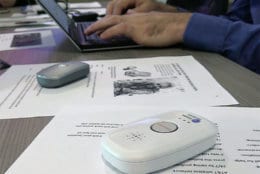
“They’re delaying the response you might need,” Brasler said.
He made the following key points consumers should remember when considering these devices:
- You have to wait for the monitoring service to pick up.
- You have to wait for them to collect information about your problem.
- You have to wait for the company to call 911 for you.
- Recurring false alarms cause some 911 centers to consider contact from medical alert companies to be non-emergency calls that might not get picked up immediately.
“We found that the companies that require that you go through their monitoring service, they’re really more dangerous than they are helpful for their customers,” Brasler said.
Emergency response experts interviewed by Consumers’ Checkbook said the devices can pose a risk to public safety. In the 911 community, medical alert devices are notorious for false alarms and for providing inadequate location information, both of which can needlessly overwhelm 911 staff, Brasler said. Also, sending EMS crews on wild goose chases hampers their ability to respond to real emergencies.
One 911 manager labeled them “a [expletive] menace,” Brasler said.
Among the models it tested, Consumers’ Checkbook recommended the GreatCall Lively Mobile, finding that it was easy to use, reliable, quickly connected to its call center or directly to 911, which the other devices can’t do, and that it was reasonably priced. The total cost for GreatCall’s device is about $50, before a $35 activation fee and a $25 monthly subscription.
Consumers’ Checkbook offers this advice for those shopping for any medical alert device:
- Avoid contracts. The services Checkbook tested don’t require long-term contracts. Checkbook didn’t include in its tests Life Alert, the classic “Help, I’ve fallen!” company because it requires a three-year contract.
- Take a trial. Checkbook recommends only dealing with companies offering a free trial period of at least 30 days. Three devices Checkbook tested did not offer free trials, and required customers pay for a month or two to try them: ADT, Medical Guardian, and Ripple.
- Test it. See how quickly the call center answers when you’re at home or at places you go frequently. Spread out your tests over different times and days and ask call center operators where they peg you. Your test should include hitting the button a dozen or more times. If the device can’t find you reasonably well or they consistently take more than 30 seconds to answer calls, return it.
- Don’t opt for fall detection. Unless you’re buying for someone who is confined to a bed, Checkbook doesn’t recommend that feature because it created so many false alarms.
- Fill out your profile. Don’t delay completing your customer profile. Include as much detail as possible about your medical conditions and drugs you’re taking; include drug dosages and times per day taken. The more the call center operator knows about you, the better they and emergency responders will be able to help.
See the entire report on medical alert devices on the Consumers’ Checkbook site. Consumers’ Checkbook is published by Center for the Study of Services. It is an independent, nonprofit consumer organization founded in 1974.

